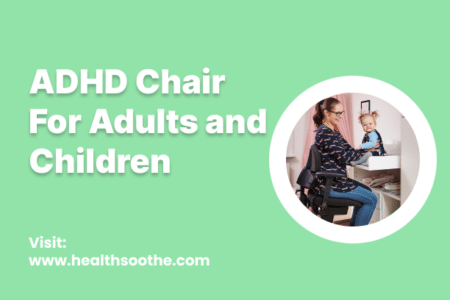Occupational therapy plays a crucial role in enhancing the lives of children with Autism Spectrum Disorder (ASD) and Attention Deficit Hyperactivity Disorder (ADHD). Through specifically tailored activities, occupational therapists endeavor to nurture the development of life skills, fostering independence and social integration. Games emerge as a valuable tool within these therapeutic settings, providing a fun and engaging platform for children to learn and practice new skills.
The strategic application of games in occupational therapy leverages their natural appeal to encourage participation and sustained attention from children. For children with autism and ADHD, these structured play activities can significantly impact their social interactions, motor skills, and cognitive functioning. Incorporating games into occupational therapy activities for kids helps therapists address individual challenges in a non-threatening and enjoyable manner.
Key Takeaways
- Games are integral in occupational therapy to support skill development.
- Therapeutic games engage children with autism and ADHD effectively.
- Play-based interventions foster social and cognitive improvements.
Understanding the Role of Games in Occupational Therapy for Autism and ADHD
Occupational therapy harnesses the therapeutic power of play to support children with autism and ADHD in developing essential life skills. Games are integral to this process, helping to bridge the gap between therapy and enjoyable activities.
The Principles of Occupational Therapy
Occupational therapy (OT) is grounded in the principle that engaging in meaningful activities can facilitate development and enhance quality of life. For children with autism and ADHD, OT often leverages games and play as therapeutic interventions to improve fine and gross motor skills, social skills, cognitive skills, and problem-solving abilities. Occupational therapists tailor these activities to each child's unique needs, utilizing play to motivate and sustain engagement in the therapeutic process.
Games and Play in Occupational Therapy
In the context of occupational therapy, games, and play are not just for fun; they serve as structured methods to address specific therapeutic goals. Through play therapy, children with autism can engage in activities that improve their ability to understand and follow social cues, thereby enhancing their social skills. Similarly, children with ADHD benefit from games that require turn-taking and patience, which can help them with self-regulation and attention control. By integrating play into the intervention strategy, occupational therapists can provide a non-threatening environment for learning and practicing new skills.
Sensory Integration and Self-Regulation Through Play
Sensory integration therapy is a key component of OT, especially for children with autism who may experience sensory processing challenges. Through play, therapists introduce sensory experiences in a controlled manner, facilitating the child's ability to process and respond to various stimuli. This type of intervention supports the development of self-regulation skills, allowing children to participate more effectively in daily activities. Additionally, games that involve physical activity contribute to the improvement of both fine and gross motor skills, which are often areas of difficulty for children with both autism and ADHD.
Strategic Application of Games in Occupational Therapy
Incorporating games into occupational therapy sessions can significantly benefit children with autism and ADHD by enhancing their social participation, coordination, and attention. This strategic application improves activities of daily living through tailored activities and environments, while also providing support and education for parents.
Individualized Game Selection
Occupational therapists employ an individualized approach to select games that are aligned with a child's specific needs and therapeutic goals. For children with Autism Spectrum Disorder (ASD), games that encourage social participation and develop social behaviors are particularly beneficial. For instance, integrated play groups can foster interactions with peers. On the other hand, children with Attention Deficit Hyperactivity Disorder (ADHD) may benefit more from games that improve focus and coordination, such as team sports or activities that require fine motor skills like handwriting.
Incorporating Games into School and Clinic Environments
In both school and clinic settings, games serve as a versatile tool for occupational therapy. They can be a part of early intervention strategies to aid in the development of critical skills. For example, behavior therapy through board games in a clinical setting can enhance a child's ability to take turns and follow rules, critical for classroom behavior. Likewise, incorporating games that require sustained attention supports evidence-based practice to enhance focus in educational environments.
Parental Involvement and Education
Parent education and coaching are fundamental components of an effective occupational therapy program. Therapists often provide training on how to extend the benefits of play therapy into the home environment. This includes the selection of appropriate games that align with their child's therapy goals and methods to integrate therapeutic play seamlessly into their daily routine. Regular communication with parents ensures consistent reinforcement of therapeutic strategies and supports sustained progress.
Conclusion
Games in occupational therapy offer multifaceted benefits for children with Autism and ADHD. They serve as effective tools to improve social skills, enhance motor function, and foster behavioral flexibility. Evidence suggests that targeted game-playing encourages cooperation, turn-taking, and the development of problem-solving skills. For these children, games are not just play, but stepping stones toward greater functional independence and social integration.



